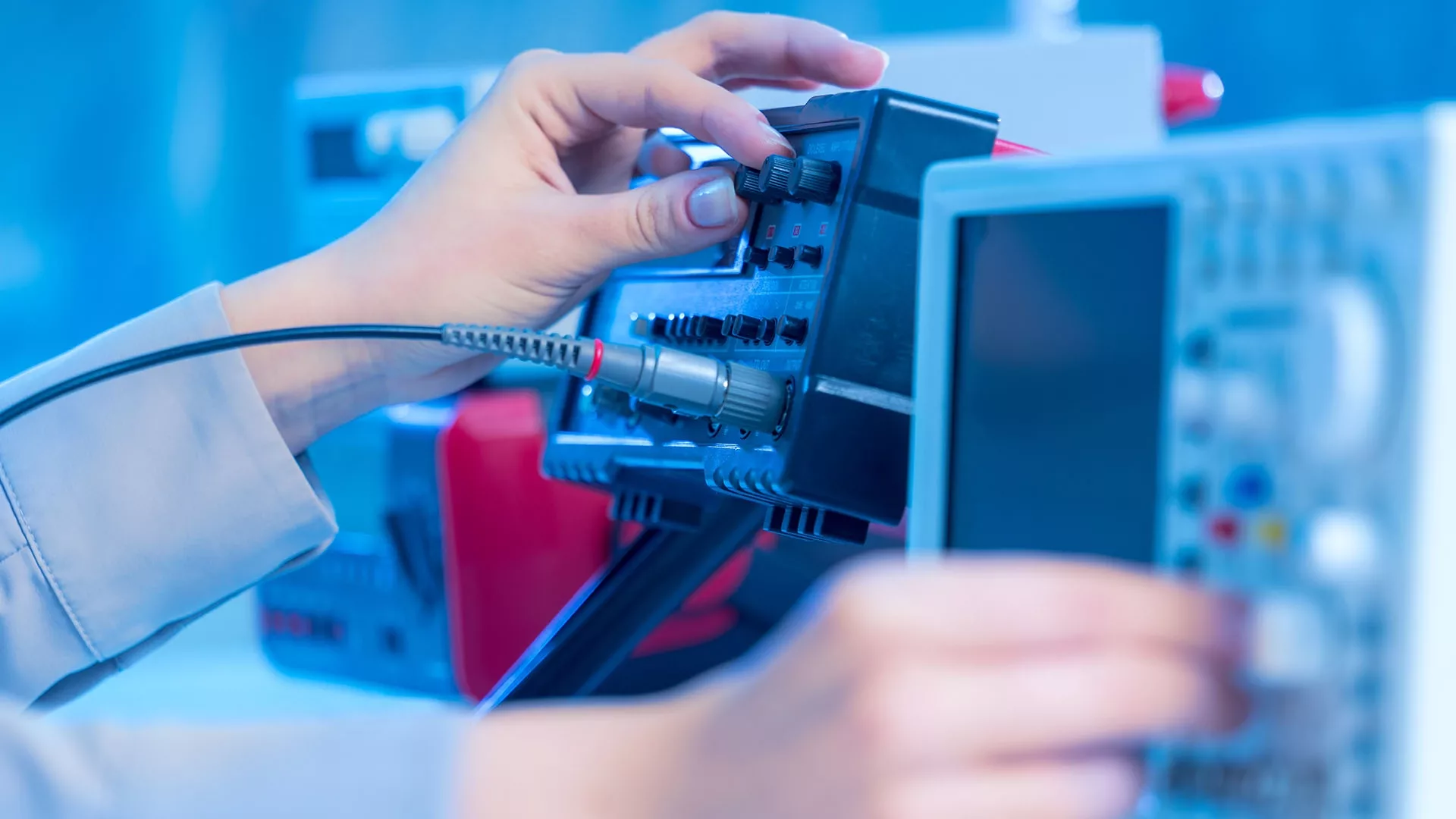
Industry Insights: How Testing Instruments Drive Quality Assurance in Manufacturing
Quality assurance (QA) is a critical component of the manufacturing process, ensuring that products meet stringent standards of reliability, functionality, and safety. Testing instruments play a pivotal role in QA, enabling manufacturers to verify the quality of their products at every stage of production. In this post, we delve into the importance of testing instruments in driving quality assurance in manufacturing and explore the various ways they contribute to maintaining high standards of quality and consistency.
Product Development and Prototyping: Testing instruments are essential during the product development phase, where prototypes are evaluated and refined to meet design specifications. Instruments such as coordinate measuring machines (CMMs), 3D scanners, and materials testing equipment are used to assess dimensional accuracy, material properties, and structural integrity. Through rigorous testing and analysis, manufacturers can identify potential issues early in the development process, ensuring that products are designed to meet quality standards from the outset.
Process Control and Optimization: In manufacturing, process control is crucial for ensuring consistency and repeatability in production. Testing instruments, such as pressure gauges, temperature sensors, and flow meters, monitor key parameters during manufacturing processes to detect deviations from optimal conditions. By implementing real-time monitoring and feedback mechanisms, manufacturers can identify and rectify process variations promptly, minimizing defects and maximizing efficiency.
In-Line Inspection and Quality Control: In-line inspection systems utilize testing instruments to inspect products as they move through the production line, enabling real-time quality control. Automated optical inspection (AOI) systems, X-ray inspection machines, and vision systems are examples of testing instruments used for in-line inspection. These systems detect defects, deviations, and anomalies in products, ensuring that only high-quality components proceed to the next stage of production. In-line inspection helps manufacturers identify and address issues immediately, reducing rework and waste.
Compliance Testing and Certification: Manufacturers must comply with industry standards and regulatory requirements to ensure the safety and reliability of their products. Testing instruments, such as electrical safety analyzers, environmental chambers, and emission analyzers, are used to conduct compliance testing and certification. These instruments verify that products meet applicable standards and regulations, providing assurance to customers and regulatory authorities alike.
Post-Market Surveillance and Quality Feedback: Even after products are released to the market, testing instruments continue to play a vital role in quality assurance through post-market surveillance and feedback mechanisms. Instruments such as data loggers, remote monitoring systems, and field testing equipment enable manufacturers to monitor product performance in real-world conditions and collect feedback from customers. This information helps manufacturers identify potential issues, implement corrective actions, and continuously improve product quality and reliability.
Testing instruments are indispensable tools in driving quality assurance in manufacturing. From product development and process control to in-line inspection, compliance testing, and post-market surveillance, these instruments enable manufacturers to maintain high standards of quality and consistency throughout the production process. By investing in advanced testing technologies and implementing robust quality assurance practices, manufacturers can enhance customer satisfaction, minimize risks, and build a reputation for delivering reliable and high-quality products.
At Gamma Technology, we understand the critical importance of testing instruments in manufacturing quality assurance. Our comprehensive range of testing instruments is designed to meet the diverse needs of manufacturers across industries, providing reliable and accurate solutions for quality control and compliance testing. If you're interested in learning more about how our testing instruments can benefit your manufacturing processes, please don't hesitate to contact us.





